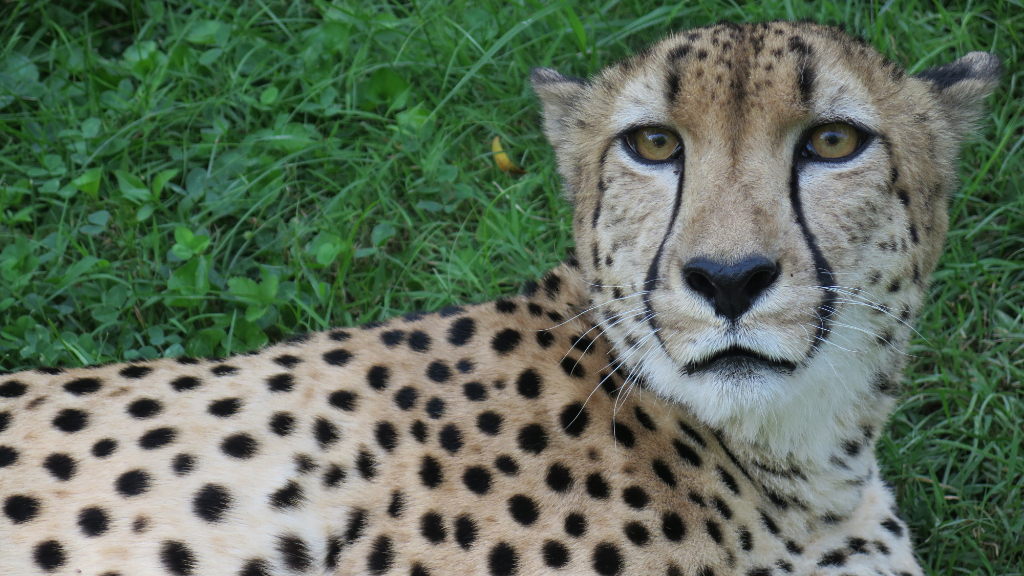The Smithsonian’s National Zoo has been saddened by the death of Justin (nicknamed “Gat”), a male cheetah, due to a disease he recently developed.
Justin, a resident at the Zoo’s Cheetah Conservation Station, was eight years old, according to a release from the Zoo, which added that the median life expectancy for male cheetahs in the wild ranges from six to eight years.
Keepers started monitoring Justin closely after they noticed that he had a cough on February 22, the Zoo explained in the release. Zoo veterinarians found in their examinations that he had bacterial bronchitis and pneumonia. The cheetah also tested negative for COVID-19.
Justin underwent treatment at the Vet Hospital for a few days and returned to the Cheetah Conservation Station on March 3 after showing signs of recovery. However, he suddenly collapsed shortly after his return, and veterinarians failed to revive him.
He died of hemorrhagic pneumonia, according to a preliminary necropsy.
We're sad to share that our 8 y.o. male cheetah Justin (nicknamed “Gat”) died unexpectedly Mar. 3 following a brief illness. Gat was hand-raised by keepers and enjoyed training + playing with enrichment toys. Our team misses him dearly. LEARN MORE: https://t.co/NRupWZsxON. pic.twitter.com/jDMHlyJelZ
— National Zoo (@NationalZoo) March 8, 2021
Justin was born in 2012 at the Smithsonian Conservation Biology Institute in Front Royal, Virginia. He and his sister were abandoned by their mother, who had experienced complications during delivery.
The two cubs were later transferred to the Zoo and named after Justin Gatlin and Carmelita Jeter, the fastest American male and fastest American female athletes in the 2012 Olympics 100-meter dash. Gatlin personally met the cub and gave him the nickname “Gat the cat.”
Gat will be remembered “as a cheetah who seemed to prefer the company of people over that of other cheetahs,” the Zoo said. “He would regularly solicit attention from keepers and eagerly participated in opportunities to interact with them, including husbandry training sessions.”
The cheetah “served as an ambassador for his species, teaching Zoo staff and visitors about cheetah biology, behavior, socialization and the important role they play as top predators in the ecosystem,” added the statement.

